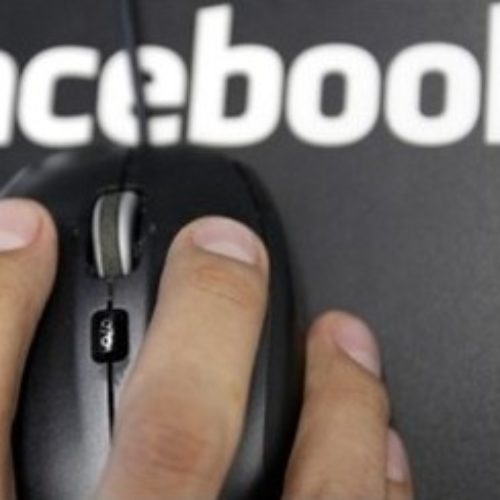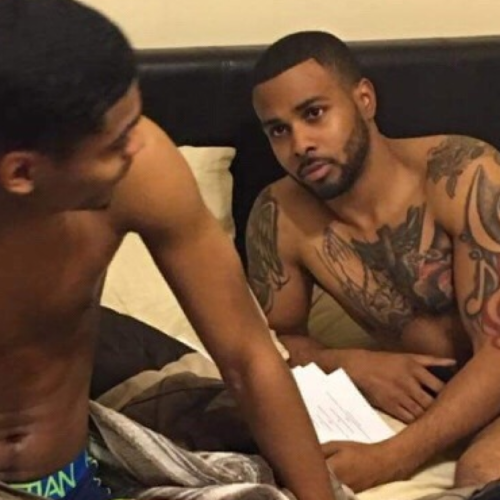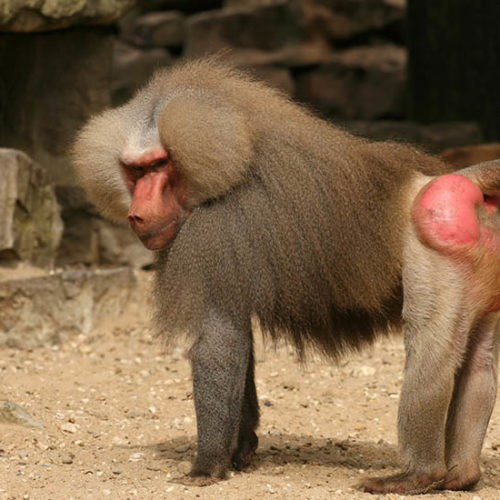#NaGayDeyReign: The Minority Report on 2020’s Gay Agenda
It’s a new year, and because #NaGayDeyReign, the hosts of The Minority Report have returned with a gay agenda for 2020.
They climbed Mount Sinai to meet Rainbow Jesus, and these are the commandments they have brought down with them on the mood LGBT Nigerians should take on this new year and onward.
From discarding respectability politics to minding the language we use when affirming our sexuality, this episode of #TheMinorityReportNG has some things to say about our gayttitude in 2020.










3 Comments
trystham
January 31, 10:45See Pinky forming ‘I studied Hermione’. Fear of a name…blah blah blah
Mitch
January 31, 12:22This episode is the perfect way to start the year.
Sewa
February 01, 11:08Really interesting commentary guys. I have myself heard the ‘can’t be poor and gay comment’ a time too many. Also read a piece by Neo Musinga, a queer Kenyan author, that said ‘the thing that I am has no name – not in the language of my people’. And in She Called Me Woman, someone commented on ‘bad name’. So the question of language is so important, the erasure – like Pink hinted – but also the politics of selecting and deselecting names. I am wondering if we can work on an expanded vocabulary project with non-literate (and I use this term advisedly) and non-social-media-using queer publics where we see different ways they talk about their experiences, towards the same goal of normalising queer experience in public discourse.